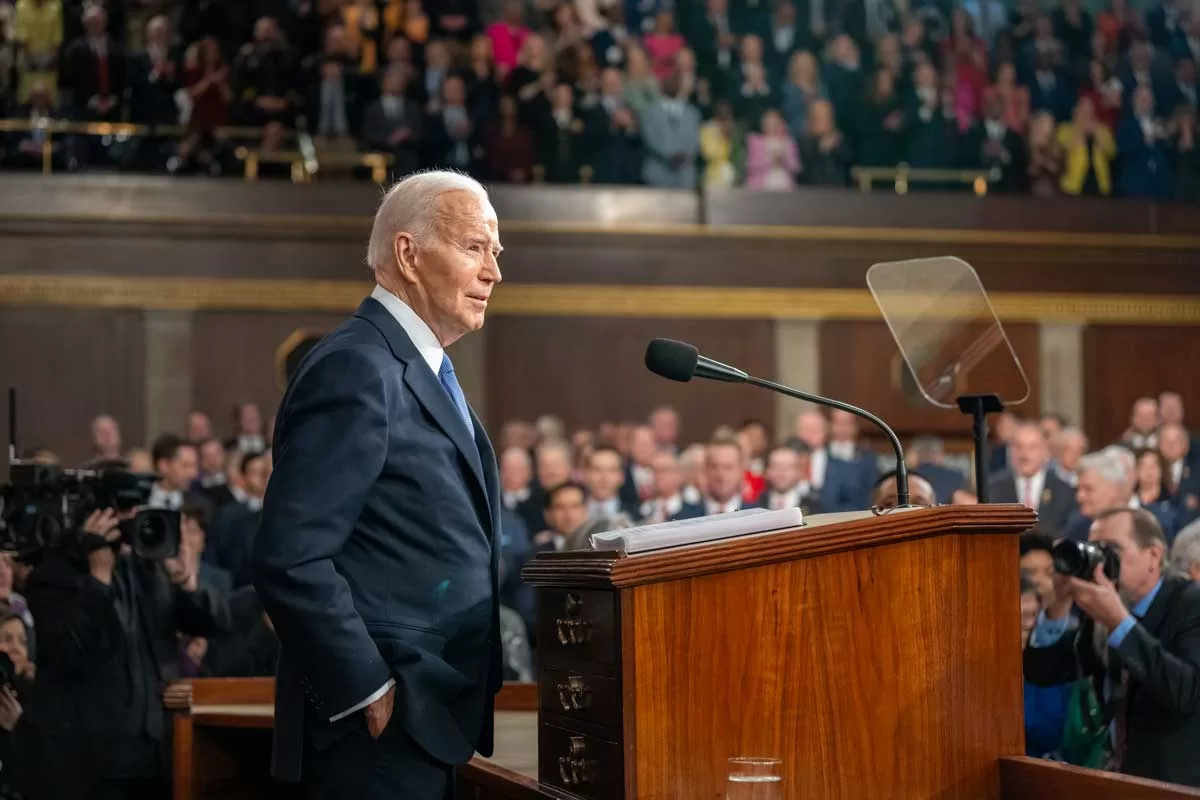The Hardline Legacy of Ebrahim Raisi
Ebrahim Raisi’s presidency was defined by a firm dedication to Iran’s conservative policies. The economic difficulty, compounded by tough US sanctions, and a tight partnership with Supreme Leader Ayatollah Ali Khamenei positioned him as a crucial role in Iran’s political structure. Raisi exercised significant power in Iran’s internal and foreign affairs, negotiating a complicated web of regional crises and international sanctions.
The circumstances surrounding Raisi’s murder have sparked significant investigation, particularly considering current tensions between Iran and Israel. A major episode was Iran’s retaliation attack on Israeli territory, purportedly in reaction to the death of General Mohammad Reza Zahedi, a commander of Iran’s Quds Force, in an Israeli strike on an Iranian diplomatic facility in Damascus. This incident highlights the incendiary nature of regional politics and the possibility of additional escalation, with the United States frequently playing the role of mediator.
The Biden Administration’s Diplomatic Challenge
The Biden administration has committed to diplomatic engagement with Iran, which has been met with scepticism and opposition from conservative forces in Tehran. Since 1979, the United States has maintained no official diplomatic ties with Iran, and talks are mainly carried out through intermediaries and back channels. Disagreements over the resurrection of the 2015 nuclear deal, as well as Iran’s funding for proxy militias in the Middle East, have soured relations and hampered efforts to de-escalate tensions.
Despite these hurdles, recent covert discussions between the United States and Iran in Oman showed some promise. These discussions, which were disturbed by Raisi’s unexpected death, were intended to address crucial problems such as regional security concerns and the possibility of relaxing sanctions. The death of Raisi, combined with Iran’s upcoming presidential elections, has put these high-stakes discussions into doubt.
A Complex Geopolitical Landscape
The geopolitical situation surrounding US-Iran relations is complicated. Since the 1979 Iranian Revolution, relations between the two nations have been tight for more than four decades. Despite US efforts to impede Iran’s nuclear programme and its support for proxy armies in the Middle East, Iran has advanced both. The battle between Israel and Iran-backed Hamas has raised concerns about a direct US-Iran clash, with proxy crises in Syria, Yemen, and Iraq compounding the risk.
Iran’s nuclear programme, which began in 1957, has been a major source of dispute. In the early 2000s, efforts to curb Iran’s secret Nuclear activities resulted in UN sanctions and resolutions. The 2015 JCPOA (Joint Comprehensive Plan of Action) sought to limit Iran’s nuclear capabilities in exchange for sanctions relief. However, tensions rose after the Trump administration withdrew from the pact in 2018 and reimposed penalties. Iran’s regional operations, which included militia assistance and missile development, strained relations even further, culminating in events such as drone downings and assaults on oil tankers.
The New Leadership Challenge
The future of US-Iran ties currently depends on the leadership change in Iran. The next president will face several tough issues, including economic hardship, regional instability, and internal unrest. The next leadership will also deal with the Revolutionary Guards’ influence, especially in the “Shiite Crescent” of Baghdad, Damascus, Beirut, and Sana’a. The Revolutionary Guards’ approach, notably after Qassem Soleimani’s killing, has been to increase Iran’s regional influence and limit the degree of escalation with the United States. Hossein Amir Abdollahian’s nomination as foreign minister under Raisi was a dramatic shift in Iranian diplomacy, as he used his enormous network to back the Revolutionary Guards’ operations in the area.
The Succession Crisis and its Implications
Raisi’s untimely demise has pushed the topic of succession to the forefront. Raisi was not just Iran’s President, but also a top candidate to succeed Khamenei as Supreme Leader. This has sparked concerns about the Iranian regime’s future orientation and how it would address the leadership vacuum. Several prospective successors to Khamenei have sparked speculation, including Mojtaba Khamenei, the Supreme Leader’s second son. Mojtaba has deep contacts with the Office of the Supreme Leader and the Revolutionary Guards, and he plays an important role in the regime’s internal dynamics. Other candidates are Sadeq Larijani, Hassan Khomeini, Hassan Rouhani, and Mohammad Khatami. However, no one has the same deep contacts as Mojtaba, particularly with the Revolutionary Guards.
The Path Forward: Diplomacy or Conflict?
The relationship between the United States and Iran is still in a precarious state. The Biden administration must strike a difficult balance between restraining Iranian aggression and seeking diplomatic contact. The determination to preserve regional friends, notably Israel, adds another degree of difficulty for the U.S. Raisi’s untimely death emphasises the critical need for communication, de-escalation, and diplomacy to negotiate the complexity and reduce the risks of future escalation in the area. The geopolitical chessboard is shifting, and the next movements by Tehran and Washington will be critical. The United States must continue to engage diplomatically, using back channels and intermediaries to maintain open lines of communication. Simultaneously, it must plan for heightened regional instability and the possibility of direct conflict.
Conclusion
The tragic death of Ebrahim Raisi has caused uncertainty in US-Iran ties. Iran’s new administration will confront substantial internal and international problems. The Biden administration must stay watchful, adaptable, and devoted to diplomatic engagement. In this hazardous time, the future of US-Iran relations depends on both countries’ ability to navigate their deeply established hostility and competing interests. The possibility that discourse and diplomacy can triumph over violence, moving the area towards a more secure and peaceful future, is cause for optimism.
